
From a budworm infestation in Quebec’s forests to oil extraction across Canada
by Patti Sonntag | January 19, 2017
What does the spruce budworm have to do with the oil industry? Let’s start with the budworm. Last year, I completed a year-long investigation in Quebec’s forestry industry, as a visiting journalist at Concordia University in Montreal. My seven journalism students and I reported on what happened after a cyclical budworm infestation hit the forests …

Kinder Morgan’s pipeline sales pitch: Too good to be true?
by Marc Lee | December 9, 2016
After the federal approval of Kinder Morgan’s controversial Trans Mountain Pipeline Expansion (TMX), Alberta Premier Rachel Notley came to BC to sell the pipeline’s economic benefits. She claims BC will get a $1 billion per year boost in GDP as a result of the pipeline, as well as thousands of jobs in both construction and …

826 reasons Kinder Morgan got a green light for its Trans Mountain pipeline expansion
by Mike Lang & Shannon Daub | November 30, 2016
Despite sustained opposition to Kinder Morgan’s plan to twin the Trans Mountain pipeline, Prime Minister Justin Trudeau and his Cabinet gave it their blessing yesterday. Reaction from the many people, communities and nations opposed to the pipeline was swift. Twenty one municipalities and over 100 First Nations and Tribes have registered their opposition since the …
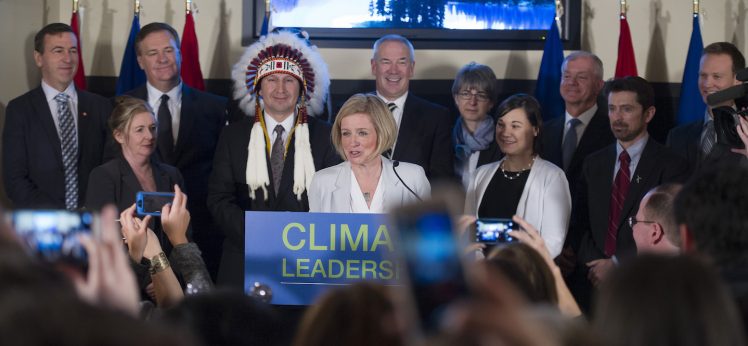
Ten things to know about carbon pricing in Alberta
by Ian Hussey | November 25, 2016
One year ago this week, the government of Alberta announced its Climate Leadership Plan, and in June 2016, the enabling legislation for the plan, Bill 20, the Climate Leadership Implementation Act, received royal assent. Alberta’s Climate Leadership Plan is based on the report developed by the government’s Climate Change Advisory Panel, chaired by economist Andrew Leach, an associate …

Why is the CEO of a big Canadian bank giving speeches about climate change and pipelines?
by Shannon Daub & Bill Carroll | October 6, 2016
Royal Bank of Canada CEO David McKay made a few headlines last week when he offered his thoughts to the Edmonton Chamber of Commerce on the energy and climate challenges facing Canada. In his speech he called on the federal government to help get fossil fuel resources to market by approving new bitumen pipelines and …
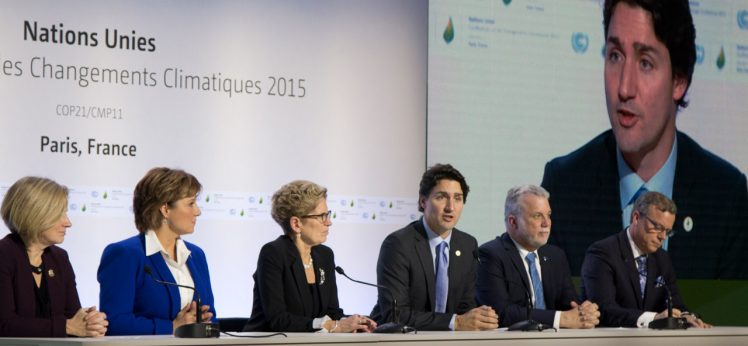
The New Climate Denialism: Time for an intervention
by Seth Klein and Shannon Daub | September 30, 2016
For decades, the urgent need for climate action was stymied by what came to be known as “climate denialism” (or its more mild cousin, “climate skepticism”). In an effort to create public confusion and stall political progress, the fossil fuel industry poured tens of millions of dollars into the pockets of foundations, think tanks, lobby …
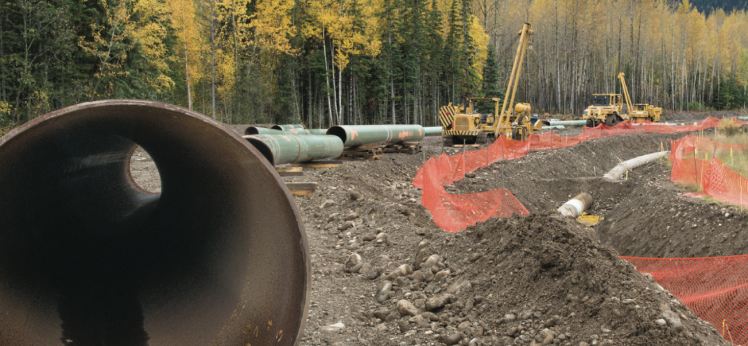
Can Canada Expand Oil and Gas Production, Build Pipelines and Keep Its Climate Change Commitments?
by David Hughes | July 25, 2016
Under the Paris Agreement, Canada has pledged to reduce its greenhouse gas emissions to 30% below 2005 levels by 2030. This study assesses the consequences of several scenarios of expansion in the oil and gas sector in terms of the amount that the non–oil and gas sectors of the economy would need to reduce emissions …
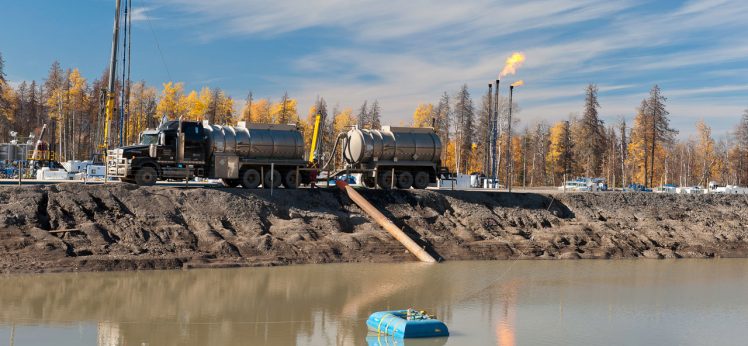
Why austerity is a problem for just transition and climate action
by Shannon Daub | June 22, 2016
Last year we launched the Corporate Mapping Project, which is investigating the power and influence of the fossil fuel industry in Western Canada. One of the first things we did was hold a series of community meetings with environmental, Indigenous and labour groups to discuss the project. We did this in each of the three …
by Corporate Mapping Project | June 2, 2016
Under Alberta’s oil sands emissions cap (set at 100 million tonnes per year), growth in oil sands production would be limited to 45% over 2014 levels. There is already more than enough existing pipeline and rail capacity to handle that capacity. The additional pipelines being lobbied for by industry and governments are not necessary. …
New pipelines not needed if federal and provincial governments serious about climate commitments: earth scientist
by Corporate Mapping Project | June 2, 2016
(OTTAWA) A new study by veteran earth scientist David Hughes finds that Canada cannot meet its global climate commitments while at the same time ramping up oil and gas extraction and building new export pipelines. Hughes calculates that if oil sands production grows to the 100 megatonne (Mt) per year level allowed under Alberta’s climate …
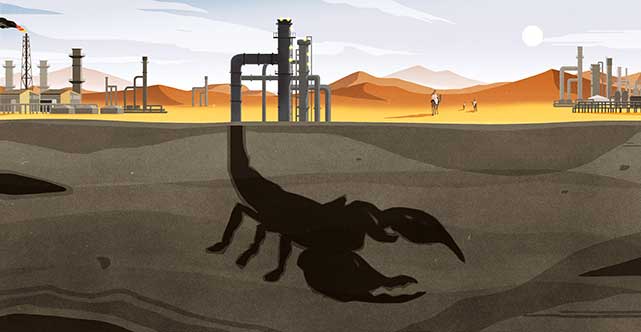
Black swans and black gold: Saudi Arabia’s bet against oil
by James Rowe | May 26, 2016
After BP’s massive oil spill in 2010, NASA released an aerial image of the oil’s creep through the Gulf of Mexico. The oily mass had momentarily settled into the shape of a giant black swan. It was as if the ocean currents had suddenly developed a dark sense of humour. Two years later, BP executive …
We’re putting fossil fuel industry influence under the microscope
by Bill Carroll & Shannon Daub | November 27, 2015
The tremendous concentration of power and influence we see in the fossil fuel industry today places sharp limits on our democracy (for examples, see our previous post). And as oil, gas and coal corporations pursue their relatively narrow, short-term profit goals, crafting effective responses to the climate crisis becomes more difficult. One of the key …








